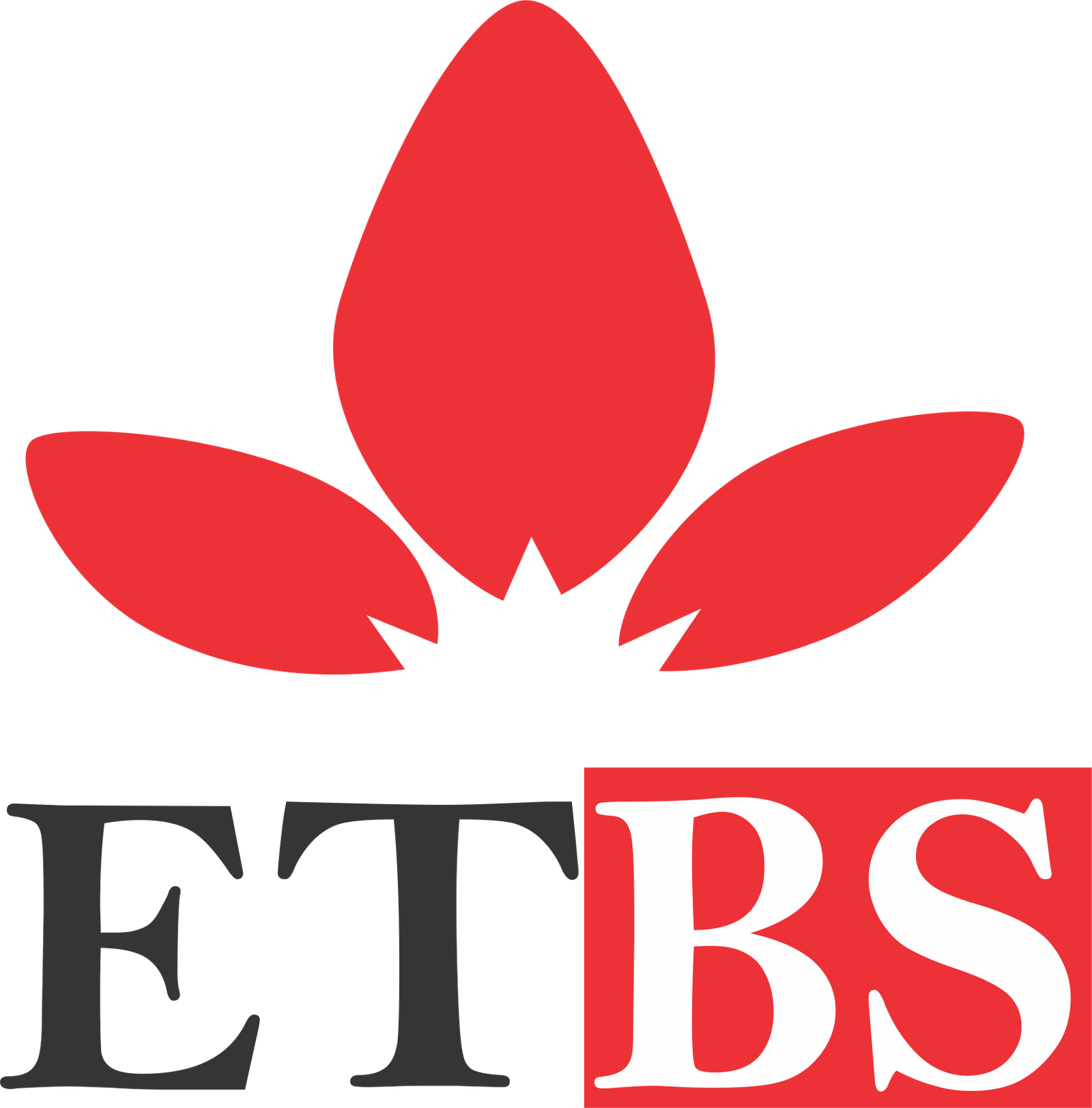 EarthTab Business School
EarthTab Business School
☰
|

This course is designed to provide absolute beginners with a solid and practical foundation in keyboard and piano playing. It bridges the gap between musical curiosity and instrumental fluency by equipping you with the core skills, techniques, theories, and performance practices required to play confidently across a range of musical styles including Gospel, Afrobeat, Pop, Worship, Classical, and Contemporary. Keyboard and piano remain two of the most versatile and expressive instruments in the history of music. Whether you aspire to become a church keyboardist, studio sessionist, singer-songwriter, music educator, composer, or just a skilled hobbyist, this course serves as a springboard into the world of music-making with both theoretical depth and hands-on performance relevance. The course takes an immersive and scaffolded approach, beginning from the very fundamentals of keyboard structure, music alphabets, and finger numbering into advanced beginner-level practices such as sight-reading, ear training, chord patterns, rhythmic interpretation, scale mastery, and accompaniment techniques. Unlike many beginner programs, this course combines three core streams of keyboard mastery: Classical and Notation-based Literacy (learning to read sheet music and understand musical symbols) Contemporary Play-by-Ear and Chordal Accompaniment (especially for Gospel, R&B, Afrobeat, and Worship contexts) Music Theory and Ear Training Integration (learning why you play what you play) Absolute beginners with little or no prior keyboard experience Aspiring gospel keyboardists and church instrumentalists Singers who want to accompany themselves Creatives exploring Pop, R&B, Afrobeat, and acoustic genres Music students in schools or beginner conservatories Hobbyists seeking practical music fluency Children or teenagers under guided instruction Adults returning to music after long pauses By the end of this course, you will be able to: Identify and play all 12 musical notes on the keyboard Understand octaves, sharps, flats, and key placement Play using correct fingerings and ergonomic hand positions Perform major scales and understand the Circle of Fifths Play and recognize basic chords (Major, Minor, Diminished, Augmented) Read musical notations, staffs, clefs, rests, and rhythm values Interpret and apply time signatures and tempo markings Play beginner-level songs from notation and by ear Accompany soloists and lead group worship or music sessions Begin basic improvisation using pentatonic scales and chord tones Understand the difference between melodic and harmonic intervals Recognize and play rhythmic patterns in Pop, Gospel, Afrobeat, and Ballad styles This course uses a modular structure with scaffolded learning: Each module focuses on building a specific skill set Hands-on tasks and finger drills follow every theoretical explanation Audio-visual demonstrations are recommended (for platforms that allow it) Practice logs and daily routines help build fluency Quiz questions reinforce cognitive retention after every module Final exam tests applied and theoretical knowledge Supplemental material: chord charts, blank staff sheets, backing tracks Kinesthetic Learning: Emphasizing practice-based drills and muscle memory Visual-Auditory Association: Training the eyes and ears to work together Contextual Application: Every skill learned is tied to real songs and musical settings Style Diversity: Applying techniques across genres (Gospel, Pop, R&B, Afrobeat) Adaptive Learning Pathways: Lessons cater to both self-paced learners and guided classrooms 61-key or 88-key keyboard (preferably touch-sensitive or semi-weighted) Sustain pedal (optional but recommended) Notebook and staff paper Headphones or small amp Metronome or metronome app Access to reference songs for genre exposure Optional: MIDI keyboard and software for digital practice This course goes beyond the sterile, classical-only approach by incorporating: Gospel runs and modulations Afrobeat rhythmic phrasing and groove-based chord loops R&B lush chord voicings and slow ballad accompaniment Pop song structure awareness and hooks Praise and worship chord flow (e.g., 1-5-6-4 progressions) Call-and-response keyboard setups for traditional choirs Upon successful completion of all modules and passing the final exam: You will be awarded a Certificate in Beginner Keyboard and Piano Performance Graduates will be prepared to: Accompany singers live Serve as beginner church musicians Read beginner-level sheet music Join beginner bands or musical teams Compose simple melodies and chord progressions Pursue intermediate keyboard training or music school enrollment This course can be adapted for: Sunday school music classes Elementary or secondary music curriculum Youth talent workshops One-on-one coaching Online learning platforms and music education YouTube series I look forward to congratulating you upon the completion of this course.Course Overview
Who is This Course For?
Core Learning Outcomes
Pedagogical Structure
Methodological Emphasis
Tools and Requirements
Instruments:
Materials:
Skills Progression
Cultural Relevance and Genre Integration
Final Certification Outcomes
Customization Options

Unlocking Professional Potential through world-class assessments and industry-ready training.
"Empowering Professionals through practical, accessible online business education"
- Blessing Princess Agho
 Founder/Lead Instructor
Founder/Lead Instructor